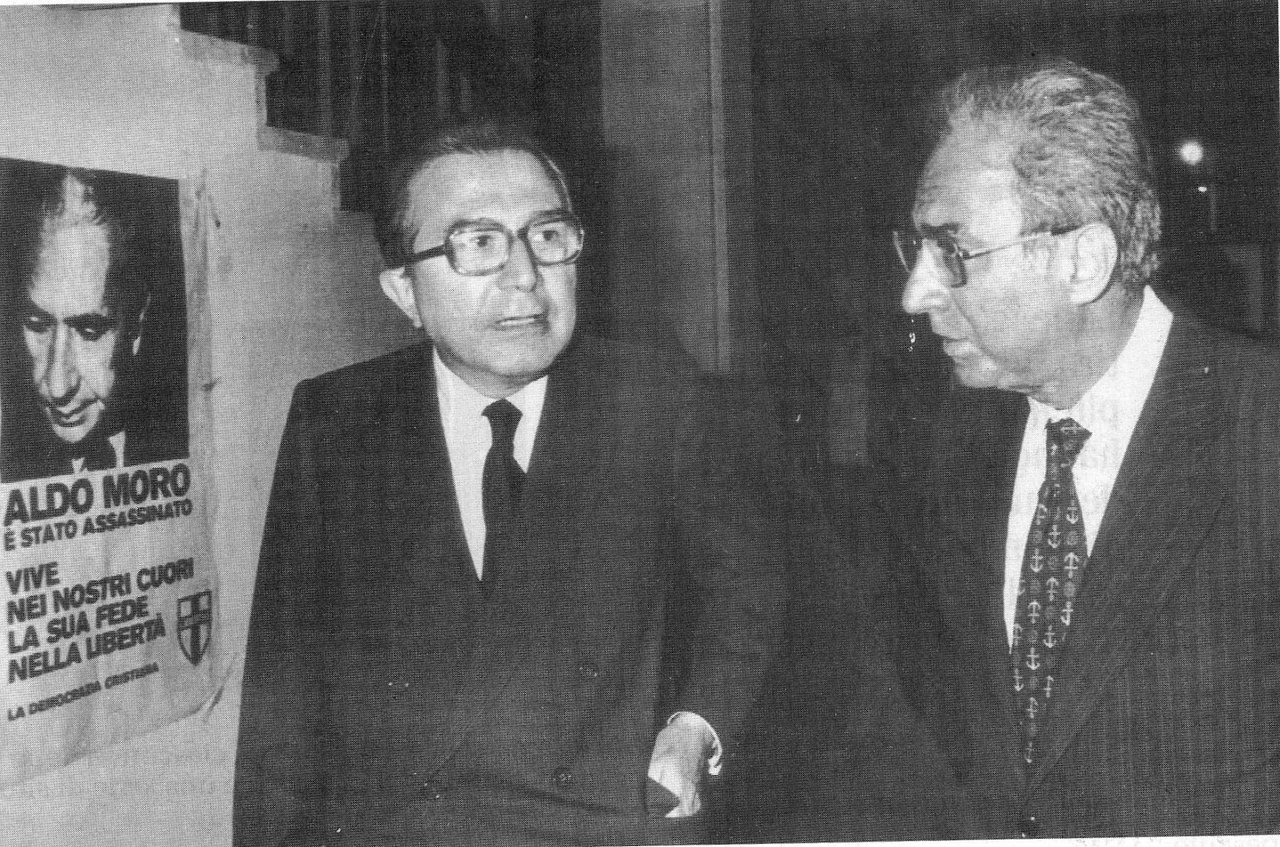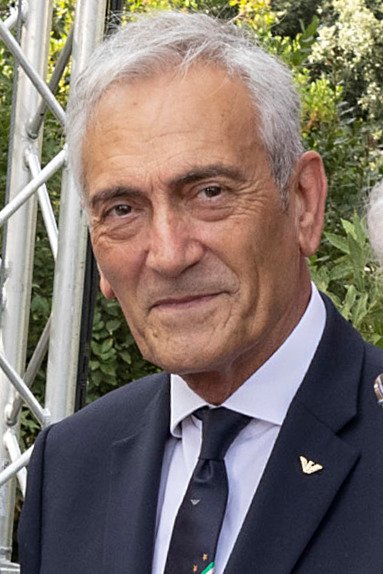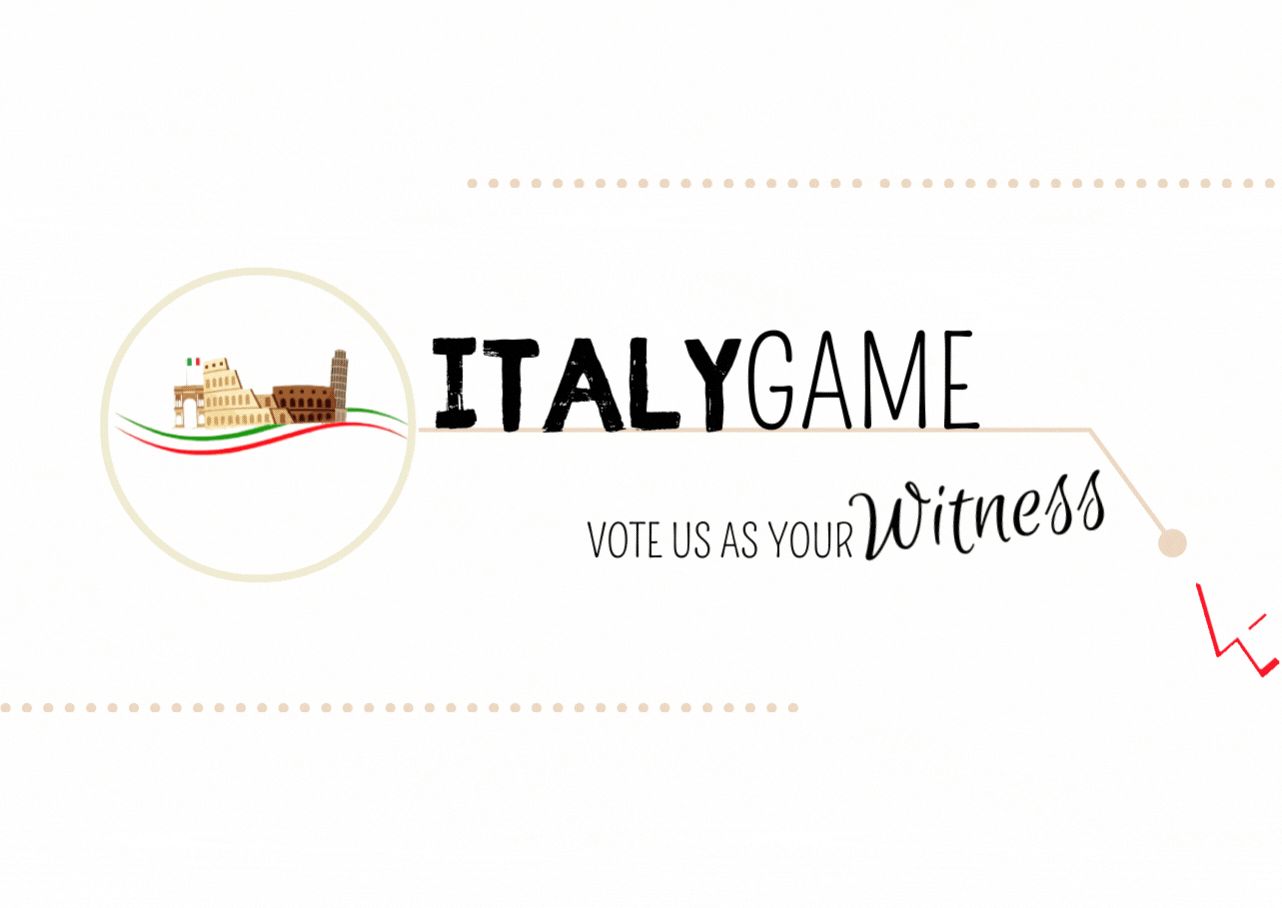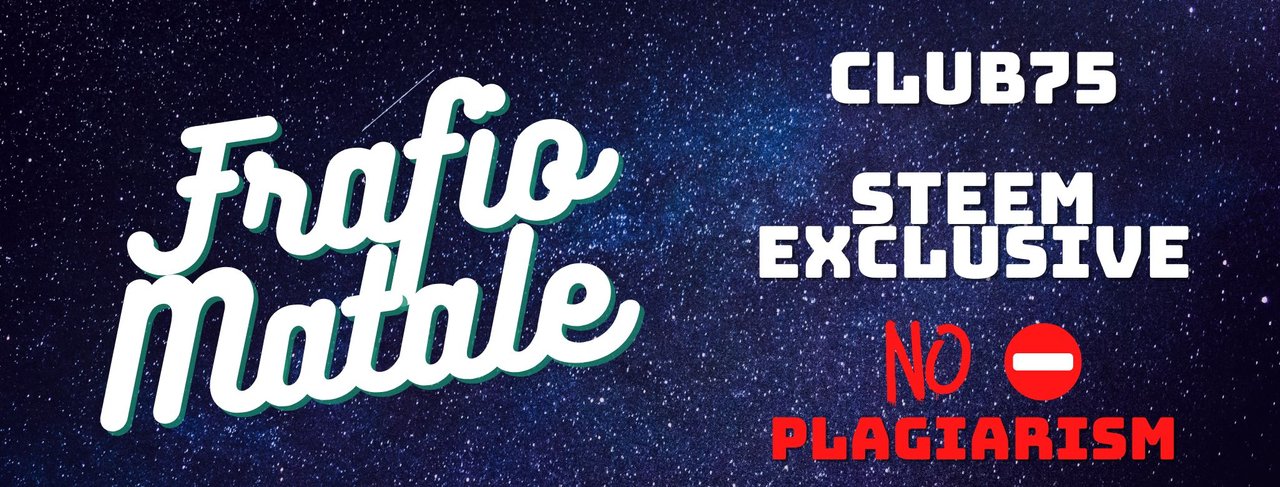.jpg)
L'ex giocatore del Milan, Patrick Kluivert, legge una copia di un quotidiano sportivo. Public domain image
LA FRETTA (PIU' CHE) SOSPETTA NEL GIUDIZIO DEI GIORNALI |
|---|
Anche lo strano ricorso della FIGC al Consiglio di Stato, contro l'obbligo imposto dal TAR alla procura federale, di consegnare ai legali della difesa la cosiddetta "Carta Covisoc", è stato respinto. Come era logico aspettarsi in uno stato di diritto, non esisteva alcuna grave pregiudiziale per sospendere il provvedimento emanato dal tribunale amministrativo del Lazio e nel pomeriggio di ieri Gravina e soci hanno dovuto incassare un ulteriore schiaffone dalla giustizia ordinaria.
Le sei pagine (inizialmente si era parlato di quindici) del carteggio avvenuto tra la Covisoc e il procuratore federale Giuseppe Chiné sono così state inviate ai legali dei due ricorrenti, Fabio Paratici e Federico Cherubini, e di conseguenza entrate nel possesso anche del pool di avvocati difensori della Juventus, che in queste ore le stanno setacciando parola per parola, scoprendo già alcune cose interessanti.
Singolare ancora una volta il fatto che il documento sia stato pubblicato, per sunto e conclusioni più o meno identiche, da quasi tutti i giornali specializzati, con in testa quello dal colore discutibile (scusate se non lo nomino, ma preferisco evitare le brutte parole all'interno dei miei post), già pochi minuti dopo la sua consegna da parte della FIGC agli avvocati in causa.

Il senatore Giulio Andreotti (a sinistra), in compagnia dell'ex Presidente della Repubblica, Francesco Cossiga. Public domain image
L'ex Senatore, Giulio Andreotti, soleva ripetere che "a pensar male si fa peccato, ma spesso si indovina", ed anche in questo caso un paio di spunti di riflessione nascono spontanei: possibile che nel breve tempo intercorso dalla consegna del testo ai legali bianconeri alla pubblicazione dei primi articoli, i giornalisti in questione abbiano avuto il tempo di analizzare a fondo il contenuto, traendone tutti le stesse conclusioni?
Perché a ben vedere le cose, sembrerebbe quasi che il quotidiano sbiadito, di proprietà del presidente del Torino FC, Urbano Cairo, conoscesse già da tempo l'oggetto del contendere, e che avesse preparato per tempo una strategia da buttare in pasto all'opinione pubblica nel caso le cose si fossero messe male per i compagni di merende della FIGC. Insomma, più che un servizio giornalistico, la semplice riproposizione di una sorta di velina, passata a mo' di MinCulPop da chi siede più in alto.
Qualcuno obietterà che nessun giornale avrebbe potuto pubblicare il contenuto della lettera, nemmeno conoscendolo in anticipo, fin quando questa fosse stata coperta dal vincolo di segretezza posto da Chiné; cosa vera, a patto di dimenticarsi però come i principi deontologici del mestiere siano stati abbondantemente messi da parte nell'occasione della divulgazione di intercettazioni irrilevanti di colloqui tra dirigenti bianconeri e dei verbali degli interrogatori ancora secretati.
E così, gli strenui difensori del provvedimento che ha penalizzato la Juventus di quindici punti, ieri si sono potuti lustrare gli occhi a suon di considerazioni da mani avanti, che si affrettavano a spiegare a come nel documento in questione la Juventus non fosse mai menzionata e che quindi lo stesso dovesse essere considerato, come da tesi federale, irrilevante ai fini del procedimento.

Il presidente della FIGC, Gabriele Gravina. Foto da Quirinale.it, Attribution, via Wikimedia Commons
Un "autogoal della difesa" è stata la locuzione più usata, sebbene non si capisca come aver esercitato un proprio diritto, pur su un qualcosa non in grado (secondo le tesi dei giornali) di sparigliare le carte, possa considerarsi in termini negativi. Ma siamo così certi che lo scambio di corrispondenza tra Chiné e la Covisoc non contenga proprio nulla di utile ai fini processuali?
Non proprio, dato che lo stesso documento è richiamato all'interno della sentenza della Corte d'Appello Federale che ha inflitto il provvedimento e che lo stesso è da considerarsi risposta ad un'altra lettera, inviata dalla Covisoc a Chiné per chiedere delucidazioni in materia plusvalenze. Ora occhio alle date, perché la cosiddetta Carta Covisoc è datata 14 aprile e se, come da interpretazione comune, la stessa segna in maniera informale una prima notizia di possibile apertura delle indagini, il tutto si sarebbe dovuto concludere entro il 14 luglio.
Ma non basta, perché tra lo scambio di carinerie in linguaggio formale, la carta contiene diversi riferimenti interessanti, come quello al sistema di plusvalenze fittizie del Chievo, punito all'epoca con "soli" 3 punti di penalizzazione. Cosa ha portato quindi la giustizia sportiva a quintuplicare la pena per la Signora?
Attendiamo fiduciosi lo sviluppo della questione, con la spiegazione nel dettaglio del contenuto di questa conversazione tra enti federali e di quelli precedenti, ma da quel che trapela nell'ambiente Juventus, la mossa dei legali bianconeri potrebbe rivelarsi più che un autogoal un vero e proprio tiro da tre punti. Anzi, da quindici.
Statemi bene, alla prossima!
 ENGLISH VERSION
ENGLISH VERSION
Translated with DeepL.com
THE (MORE THAN) SUSPICIOUS RUSH TO JUDGEMENT BY NEWSPAPERS |
|---|
The strange appeal of the FIGC to the Consiglio di Stato, against the obligation imposed by the TAR on the federal prosecutor's office, to hand over the so-called 'Carta Covisoc' to the defence lawyers, was also rejected. As it was logical to expect in a state of law, there was no serious prejudice to suspend the order issued by the administrative court of Lazio, and yesterday afternoon Gravina and associates had to take a further slap in the face from ordinary justice.
The six pages (initially there was talk of fifteen) of the correspondence that took place between the Covisoc and the federal prosecutor Giuseppe Chiné were thus sent to the lawyers of the two plaintiffs, Fabio Paratici and Federico Cherubini, and consequently came into the possession of the pool of lawyers defending the Juventus, who in these hours are sifting through them word for word, already discovering some interesting things.
Singular once again is the fact that the document has been published, by summary and more or less identical conclusions, by almost all the specialised newspapers, led by the one of questionable colour (sorry if I don't mention it, but I prefer to avoid ugly words in my posts), just a few minutes after its delivery by the FIGC to the lawyers in question.

Senator Giulio Andreotti (left) with former President of the Italian Republic, Francesco Cossiga. Public domain image
The former Senator, Giulio Andreotti, used to say that 'to think wrong is to sin, but often one guesses', and even in this case a couple of points of reflection arise spontaneously: is it possible that in the short time elapsed from the delivery of the text to the Bianconeri lawyers to the publication of the first articles, the journalists in question had time to thoroughly analyse the content, all drawing the same conclusions?
Because on closer inspection, it would seem almost as if the faded newspaper, owned by the president of Torino FC, Urbano Cairo, had already known the subject of the dispute for some time, and had prepared a strategy in good time to be thrown out to the public in the event that things went wrong for the FIGC cronies. In short, more than a journalistic report, the mere repetition of a sort of tissue, passed around like MinCulPop by those who sit higher up.
Someone will object that no newspaper would have been able to publish the contents of the letter, not even knowing it in advance, as long as it was covered by the secrecy constraint imposed by Chiné; which is true, provided, however, that one forgets how the deontological principles of the profession have been abundantly set aside on the occasion of the disclosure of irrelevant interceptions of interviews between Juventus executives and the minutes of interrogations still secret.
And so, yesterday, the strenuous defenders of the measure that penalised the Juventus by fifteen points, were able to lustrate their eyes to the sound of hand-wringing considerations, which hastened to explain how in the document in question the Juventus was never mentioned and that therefore the same should be considered, as per the federal thesis, irrelevant for the purposes of the proceedings.

FIGC president Gabriele Gravina. Photo by Quirinale.it, Attribution, via Wikimedia Commons
An 'autogoal of the defence' was the locution most often used, although it is not clear how having exercised one's right, albeit on something not capable (according to the newspapers' thesis) of turning the tables, can be considered in negative terms. But are we so certain that the exchange of correspondence between Chiné and the Covisoc contains nothing at all useful for the purposes of the trial?
Not really, given that the same document is referred to within the sentence of the Corte d'Appello Federale that imposed the measure and that the same is to be considered as a reply to another letter, sent by the Covisoc to Chiné to ask for clarifications on capital gains matters. Now watch out for the dates, because the so-called Covisoc paper is dated 14 April and if, as is commonly interpreted, it informally marks a first notice of possible opening of investigations, everything should have been concluded by 14 July.
But that's not enough, because amidst the exchange of niceties in formal language, the paper contains several interesting references, such as that to the system of fictitious capital gains of Chievo, punished at the time with 'only' 3 penalty points. So what led the sporting justice to quintuple the penalty for the Lady?
We confidently await the development of the matter, with the detailed explanation of the content of this conversation between federal bodies and previous ones, but from what leaks out in the Juventus environment, the move of the Bianconeri lawyers could turn out to be more than an autogoal a real three-point shot. Indeed, from fifteen.
Stay safe, see you next time!


.jpg)
 👉 VOTA PER NOI COME WITNESS👈
👉 VOTA PER NOI COME WITNESS👈